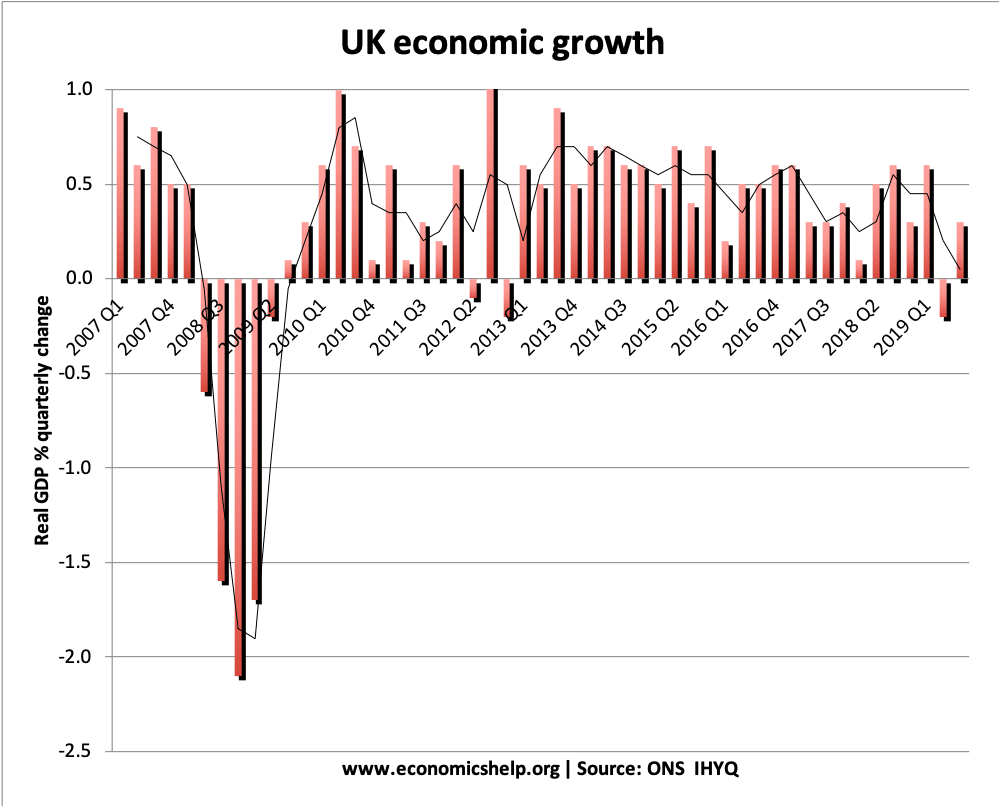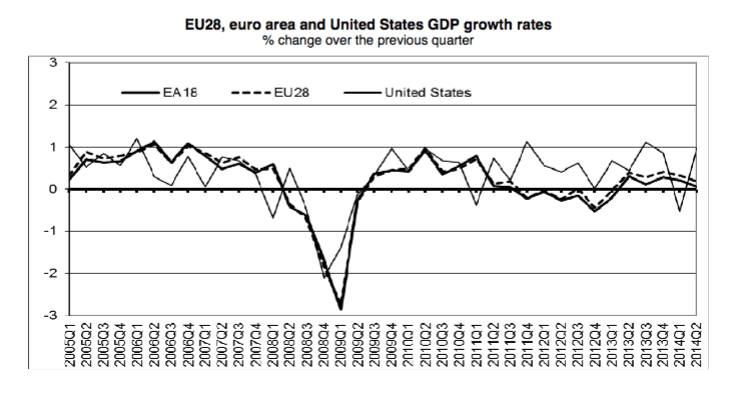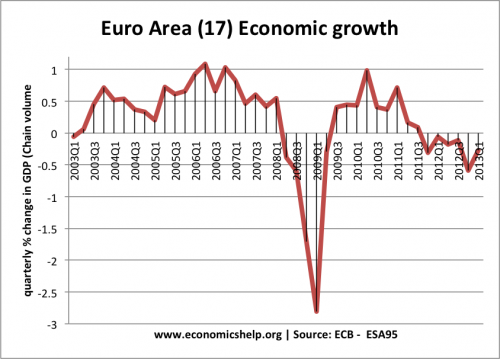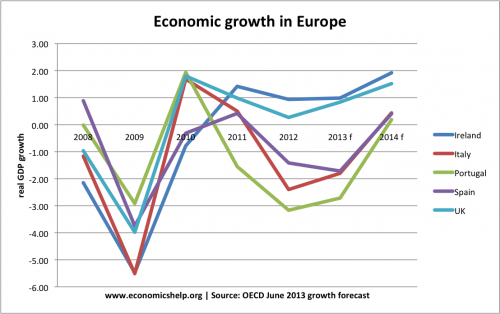Ryanair certainly no how to get free publicity, and although they say there’s no such thing as bad publicity. You have to half-admire a company whose strategy seems to be to annoy customers as much as possible.
Recently, the outspoken Ryanair Chief Michael O’Leary stated that the cost of checking in luggage to a Ryanair flight could increase up to £160. Effectively, Ryanair are trying to price out customers bringing check-in luggage.
Ryanair are motivated to increase the cost of checkin luggage because:
- To save weight and hence fuel costs (fuel now accounts for 50% of Ryanair’s total costs)
- To reduce flight turnaround time.
- To reduce staff costs in dealing with check-in baggage.
From one perspective Ryanair have a real economists perspective. They are simply wanting to charge customers the marginal cost of each aspect of air-travel. The weight of check-in baggage could not justify the extra cost. But, to low cost airlines, the speed of turnover is very important for determining the number of flights that they can squeeze in a day. Reduce the number of check-in baggages, and the turnover time at airports is reduced. If Ryanair price luggage out of their flights, they might be able to fly even more. They could become more akin to trains. Arrive at the airport, and a few minutes later, you could be going back out. This means more frequent flights, lower costs, and lower prices
Do Customers benefit?
Ryanair is that service that people love to hate. We love complaining about Ryanair’s excessive charges. But, at the same time, we like the cheap airflights. In theory, charging customers the marginal cost of aspects of airtravel, should increase allocative efficiency. People may prefer to avoid taking a check-in bag, and get the cheaper flight. If you need to take luggage, you may find yourself looking for another airline (assuming Ryanair haven’t beaten all the competition)





